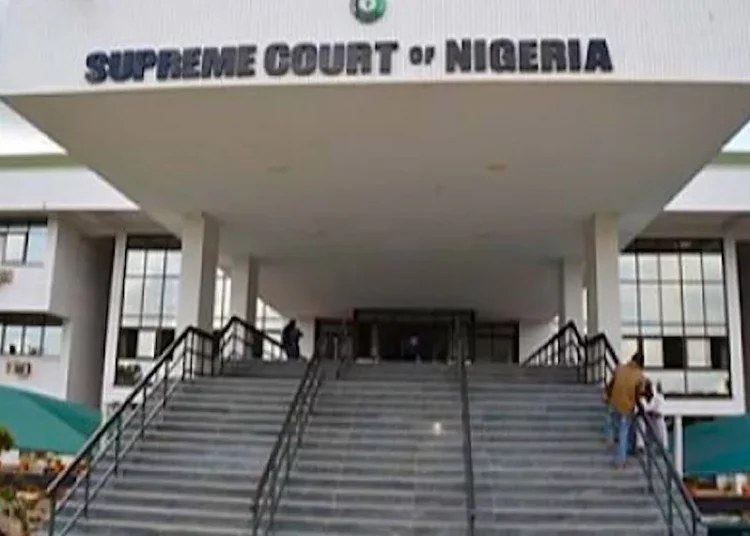After the emergency rule in Rivers State expired and the democratically elected governor, Siminalayi Fubara, was reinstated, the Supreme Court has reserved judgment in a suit challenging President Bola Tinubu’s declaration of the emergency regime.
A seven-man panel of the court, led by Justice Inyang Okoro, reserved the matter for judgement after the parties to the suit adopted their briefs.
The plaintiffs in the suit are the attorneys-general of 10 states, while the defendants are the federal government and the National Assembly.
During the proceedings, the fifth plaintiff, Delta State, withdrew from the suit, which the counsel for the federal government, Lateef Fagbemi (SAN) did not oppose.
Eyitayo Jegede (SAN), who represented the plaintiffs, while adopting his brief of argument, noted that their case was not a denial of the President’s power to proclaim a state of emergency but to challenge the extent to which the proclamation can be made to affect the offices of the governor, deputy governor and the State House of Assembly.
Fagbemi, in his argument for the federal government and in response to the court’s question about whether there was no threat in the process of the proclamation, stated that there was none and that the plaintiffs have not been able to prove any.
He said Rivers State was engulfed in a crisis involving the governor and executives, prompting the President’s action.
The senior lawyer also submitted that the governor, his deputy, and the state House of Assembly were not removed but suspended as part of extraordinary measures required to restore decorum in the state.
Finally, he stated that the President had no choice but a duty to act the way he acted in declaring a state of emergency.
He therefore urged the apex court to dismiss the suit in its entirety.
After listening to the parties, the apex court reserved judgment till a date to be communicated to them.





